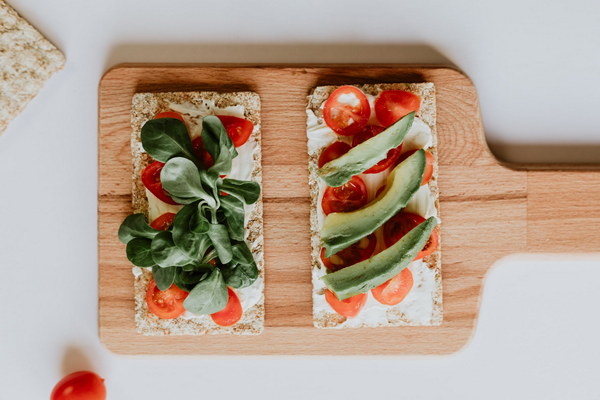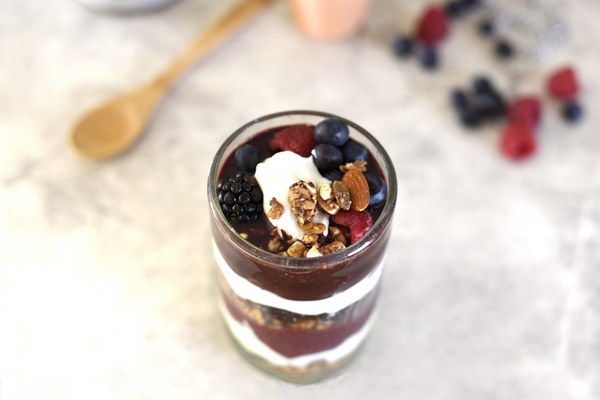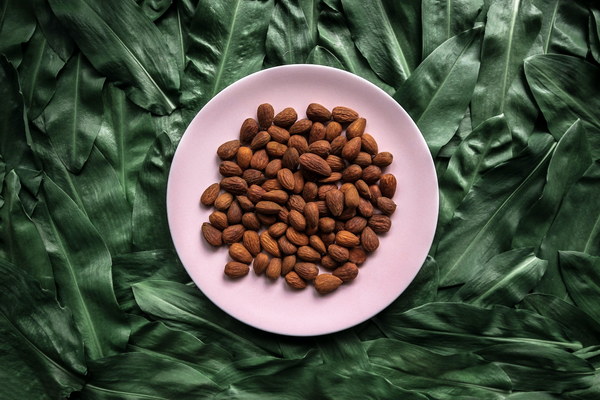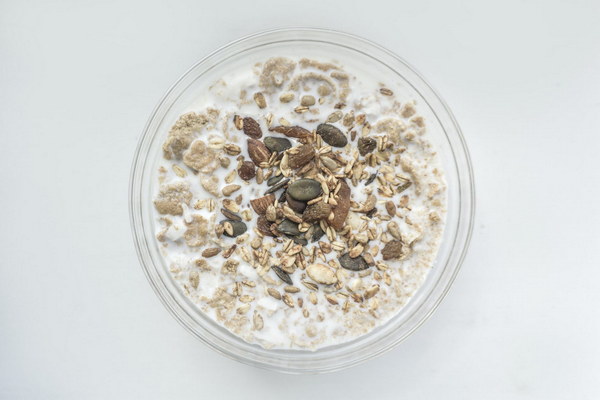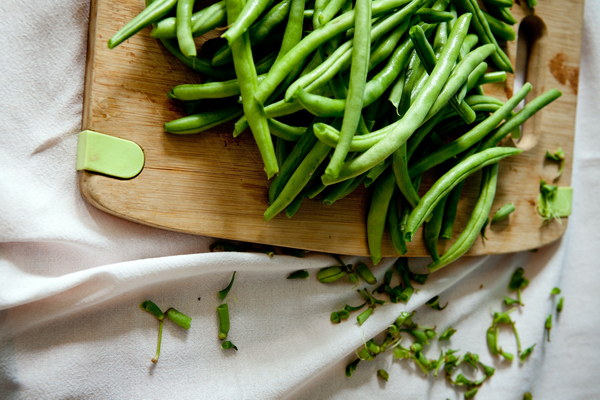Nourish Your Way to Relief Natural Dietary Remedies for Menstrual Edema
Menstrual edema, or bloating and swelling during the menstrual cycle, is a common concern for many women. While it's a natural part of the menstrual experience, it can be uncomfortable and affect your daily activities. The good news is that certain dietary choices can help alleviate the symptoms and bring some much-needed relief. Here's a guide to using food as a natural remedy for menstrual edema.
Understanding Menstrual Edema
Menstrual edema occurs when the body retains water, leading to bloating, swelling, and discomfort in various parts of the body, particularly the abdomen, breasts, and limbs. This fluid retention is often caused by hormonal changes during the menstrual cycle, specifically an increase in estrogen and a decrease in progesterone.
Dietary Remedies for Menstrual Edema
1. Increase Potassium Intake
Potassium is a natural diuretic that helps the body expel excess fluid. Foods rich in potassium include bananas, oranges, avocados, sweet potatoes, and spinach. Incorporating these into your diet can help reduce swelling.
Recipe Suggestion: A potassium-rich smoothie made with banana, orange, and spinach can be a refreshing and hydrating way to start the day.
2. Limit Sodium Intake
Sodium can exacerbate water retention. Be mindful of the amount of salt added to your meals and avoid processed foods that are often high in sodium. Opt for fresh, whole foods and herbs to flavor your dishes instead.
Tip: When cooking, use fresh herbs like basil, oregano, and thyme to add flavor without the salt.
3. Consume Magnesium-Rich Foods
Magnesium helps to regulate fluid balance and can aid in reducing bloating. Almonds, cashews, black beans, and quinoa are all excellent sources of magnesium. Aim to include a serving of these foods in your daily diet.
Recipe Suggestion: A magnesium-rich snack could be a handful of almonds or a cup of quinoa salad with your favorite vegetables.
4. Drink More Water

Contrary to popular belief, drinking water can help reduce bloating by flushing out excess sodium and toxins. Aim for at least 8 glasses of water a day, but listen to your body's thirst signals and adjust accordingly.
Tip: Add slices of cucumber or lemon to your water for a refreshing twist.
5. Eat B vitamins
B vitamins, particularly vitamin B6, have been shown to help reduce bloating. Foods rich in B vitamins include lean meats, fish, whole grains, legumes, and fortified cereals. A balanced diet that includes a variety of these foods can help keep your B vitamin levels in check.
Recipe Suggestion: A B vitamin-rich breakfast could include a bowl of oatmeal topped with nuts and seeds.
6. Incorporate Flaxseeds and Chia Seeds
Both flaxseeds and chia seeds are rich in omega-3 fatty acids, fiber, and lignans, which can help reduce bloating and inflammation. Sprinkle them on salads, yogurt, or smoothies for a nutritional boost.
Tip: Soak chia seeds in water for a few minutes before consuming for easier digestion.
7. Avoid Alcohol and Caffeine
Both alcohol and caffeine can exacerbate bloating. Limit your intake of these substances during your menstrual cycle to help reduce swelling.
Conclusion
Menstrual edema can be a pesky symptom, but with the right dietary choices, you can alleviate some of the discomfort. By increasing your potassium intake, limiting sodium, consuming magnesium-rich foods, staying hydrated, eating a variety of B vitamins, incorporating flaxseeds and chia seeds, and avoiding alcohol and caffeine, you can take steps towards managing your menstrual edema naturally.
Remember, everyone's body reacts differently to foods, so it may take some experimentation to find what works best for you. If your symptoms persist or worsen, it's always a good idea to consult with a healthcare professional for personalized advice.



